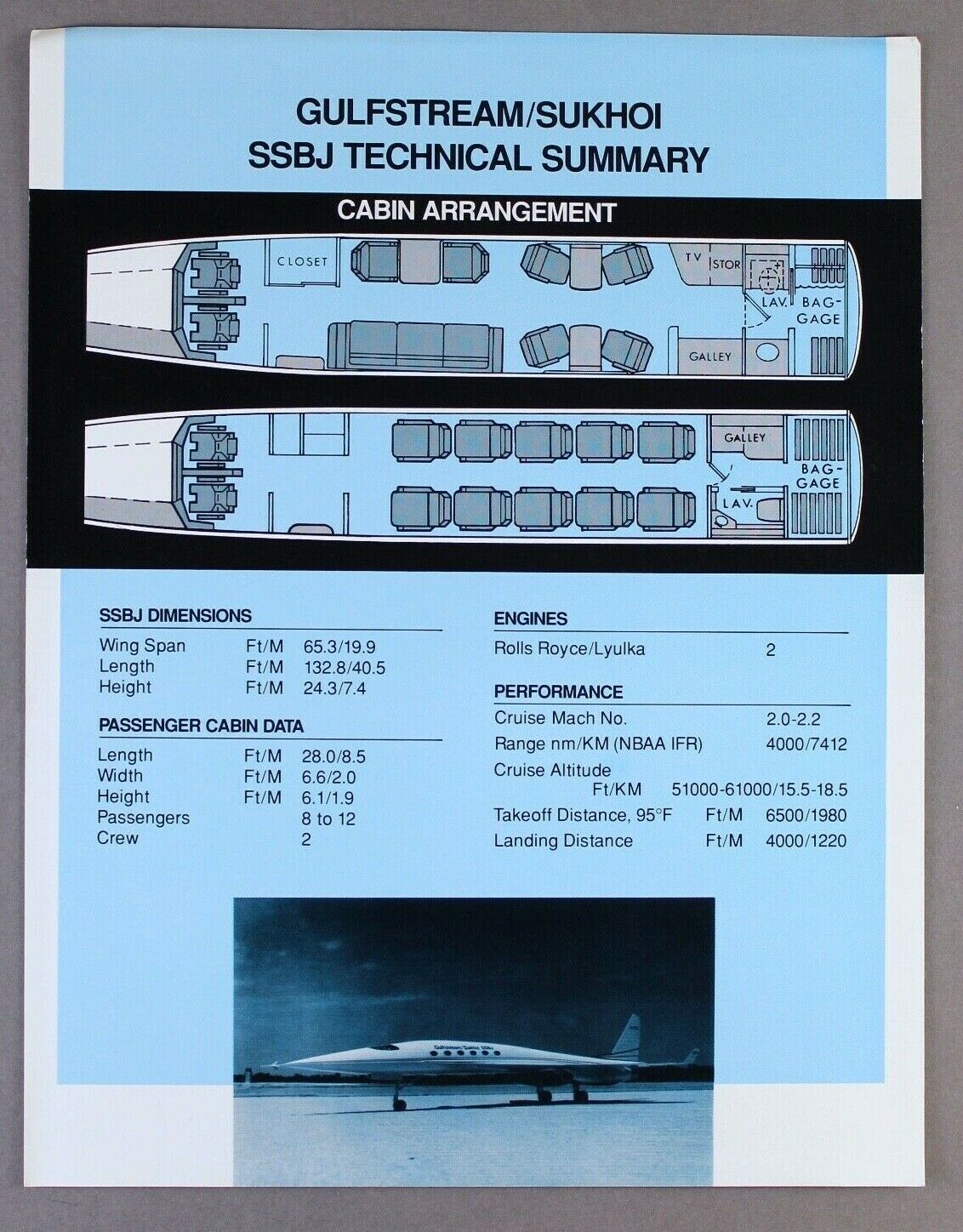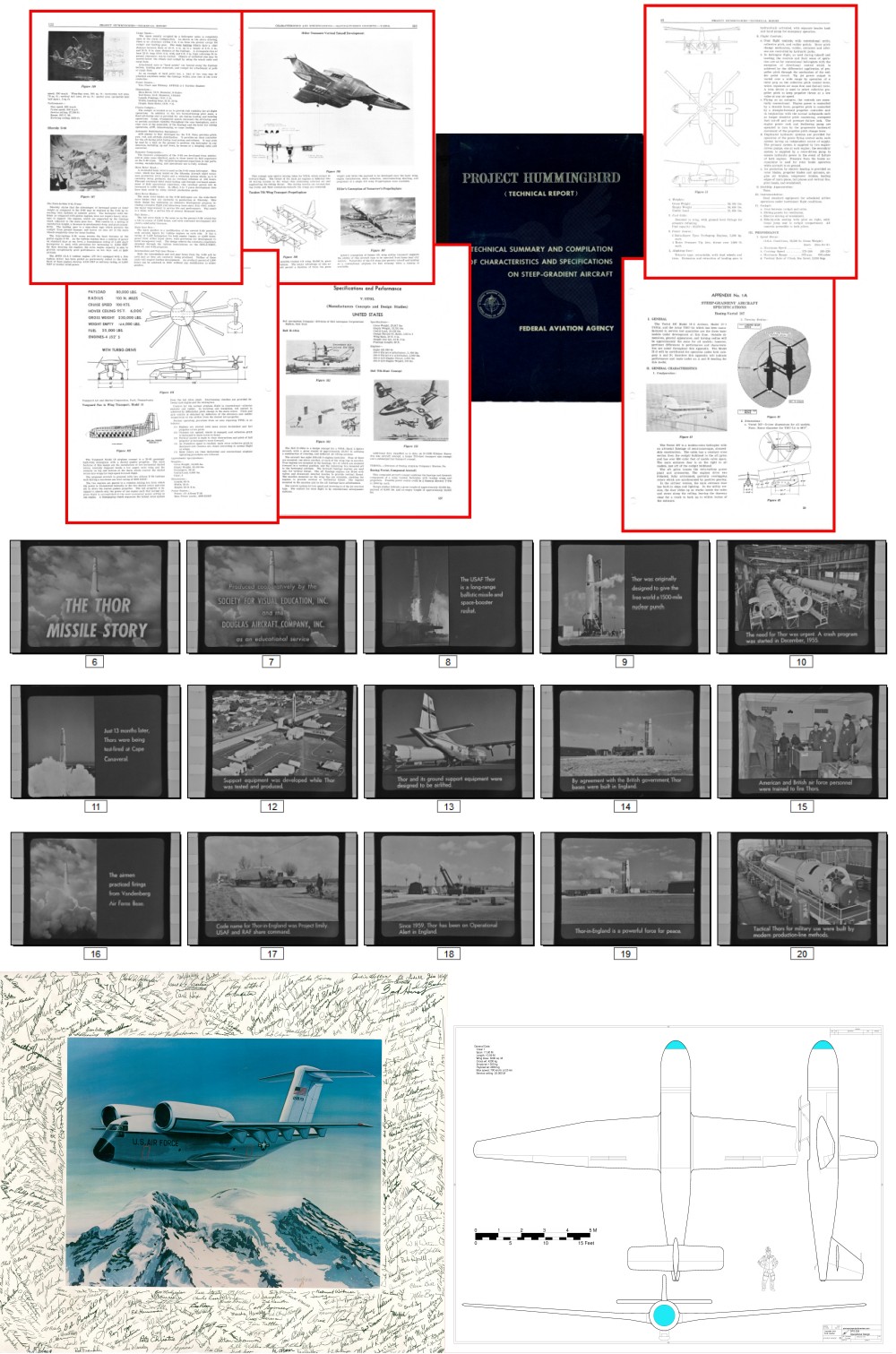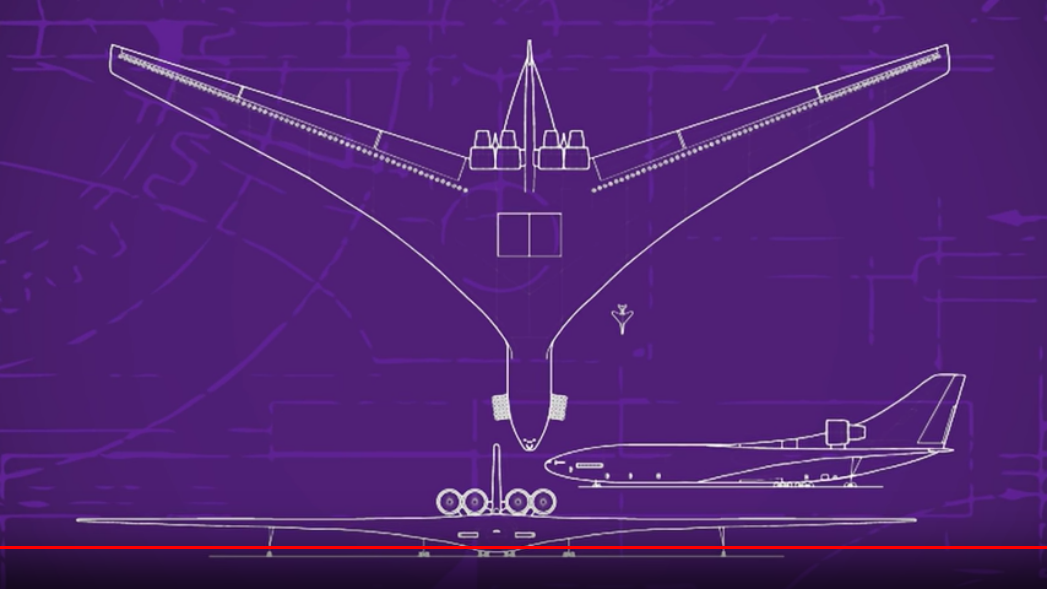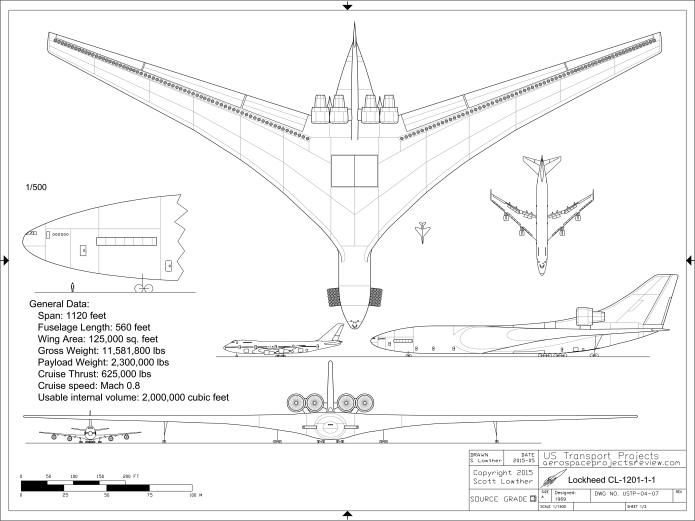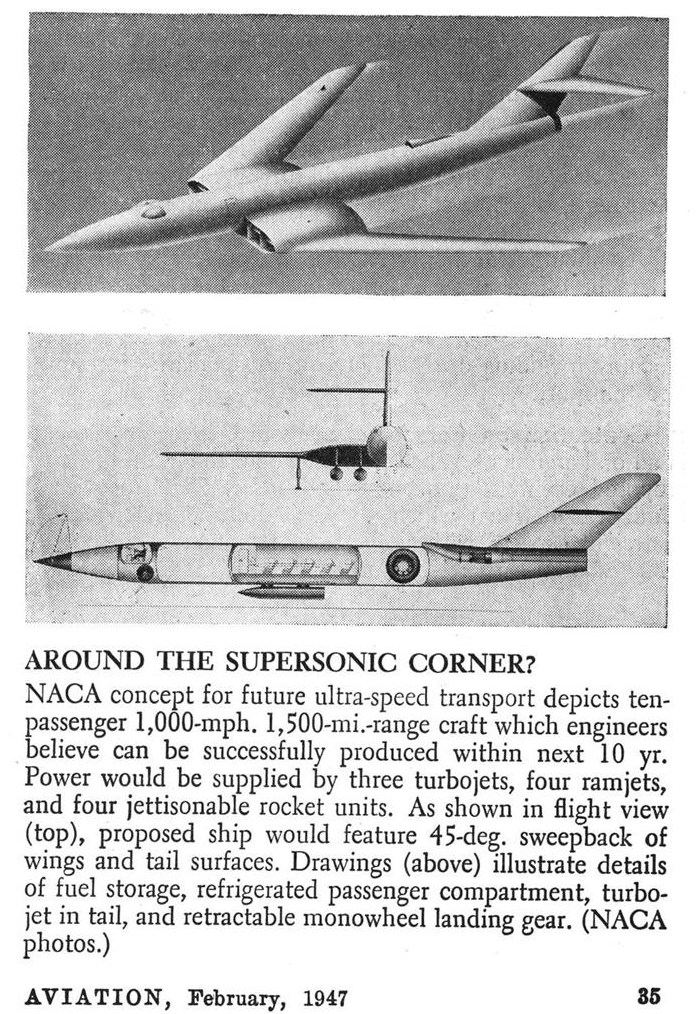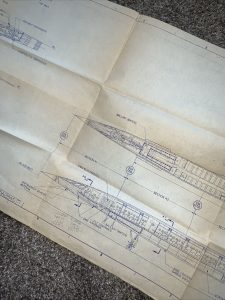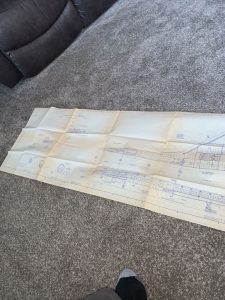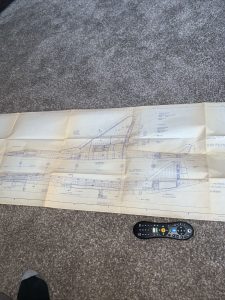Here is an incomplete look at the diagrams created for my first book, “Boeing B-47 Stratojet and B-52 Stratofortress; Origins & Evolution.” It can be pre-ordered either directly from the publisher (with publication expected in late September) or through Amazon (looks like they’ll have it two months later). It is also expected to be on certain store shelves… more on that when it’s confirmed.
A few of these diagrams will be compressed to several-per-page; a few of them here are already shown in multiple optional layouts. But there are also a dozen-ish diagrams *not* shown because they are incomplete as yet. This gives an indication of the size and scope of the project…

